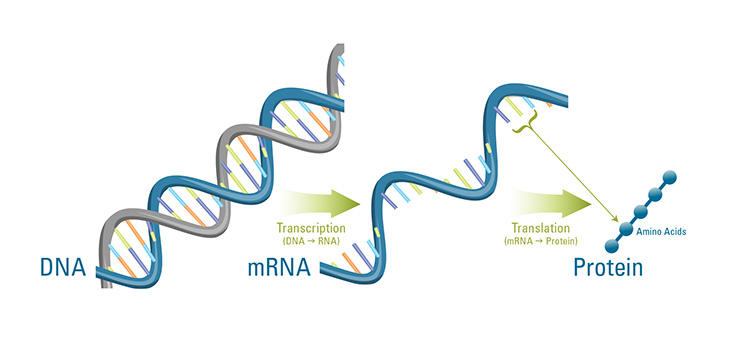Throughout human history, humans have searched for a way to cheat death or live forever. Whether it was the search for the fountain of youth or traditional remedies, it is an age old question. Recently scientists at ETH Zuricha have found genes that are involved in physical aging. They found by influencing one of these genes, in laboratory animals, that the lifespan and health of the animals were increased.
First the researchers had to figure out which 40,000 genes influenced physical aging. They systematically researched the genomes of three different organisms and found genes present in all three that were associated with the aging process. With the same genes located in all three organisms suggests a common ancestor. These so called genes, named orthologous genes, are also present in humans.
They used the genes of nematode C. elegans, zebra fish and mice. By observing and experimenting on  them, the scientists were able to discern which genes are regulated in an equal manner in all three organisms. They followed the aging sequences of each organism and took note of the manner of the genes along each stage. By comparing the amount of messenger RNA found in the cells of the animals, this allowed them to measure gene activity. Through this data they found that the three organisms have 30 genes in common, all which greatly impact the aging process.
them, the scientists were able to discern which genes are regulated in an equal manner in all three organisms. They followed the aging sequences of each organism and took note of the manner of the genes along each stage. By comparing the amount of messenger RNA found in the cells of the animals, this allowed them to measure gene activity. Through this data they found that the three organisms have 30 genes in common, all which greatly impact the aging process.

Now knowing what genes impact the aging process, they designed an experiment that would block the mRNA to the corresponding gene. This effectively lowered the activity of the genes. Blocking most genes only increased the lifespan by 5%. But one gene, called bcat-1 gene, when blocked increased the lifespan by almost 25%. The researchers had a reason for how this gene works. They said the bcat-1 gene carries a code for the enzyme of the same name, which destroys branched-chain amino acids. When this gene is blocked, the amino acid chains accumulated in the tissue triggering longevity in the nematodes. The health and longevity of the nematodes improved when bcat-1 was blocked.
Although they didn’t study humans, for obvious reasons, they stated that they only looked at genes that are evident throughout organisms and specifically humans. Now I don’t know whether we can make the claim that it will have the same effects in humans because correlation does not equal causation. But it might be a possible way to live a longer and healthier life.

Your post was very interesting. All humans are always looking for ways to “live longer” and any discovery helps when it comes to this. It interests me that new genes are discovered everyday that can help different things. This finding in particular is huge because human life would be changed forever if these genes were to be tested on humans and proved effective. Correlation does not equal causation, this is true, but it would be interesting to follow this study and see if these genes can actually lengthen the life of humans. Here is an article talking about the most common habits of increasing the length of ones life: http://www.health.com/health/gallery/0,,20366671,00.html